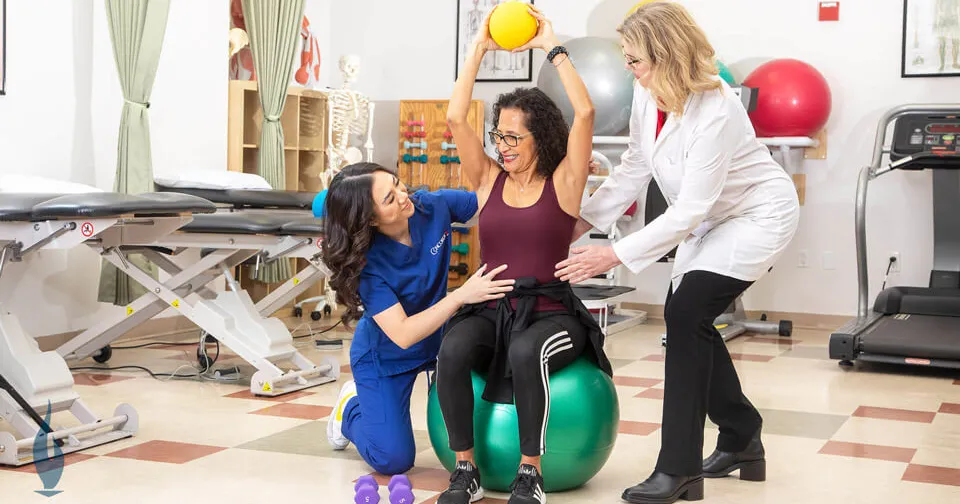Cardio-respiratory rehabilitation programs are essential for patients struggling with cardiac and lung conditions. These programs aim to improve overall health through structured exercise, education, and assistance. Participants take part in multiple exercises designed to boost the heart and lungs, increase physical fitness, and encourage a better lifestyle. By focusing on workouts customized to each person's capabilities, these initiatives help participants heal faster and minimize the chance of subsequent issues.
Exercise is a key component of cardiopulmonary rehabilitation. Regular physical activity improves cardiovascular fitness, increases endurance, and helps maintain a healthy weight. Patients often start with low-intensity exercises, gradually increasing their intensity as they become more comfortable and capable. This progression ensures that individuals do not force themselves too hard too quickly, which can result to harm or delays. The objective is to create a secure, encouraging environment where participants can develop their strength and self-assurance over time.

In addition to exercise exercise, education plays a significant role in these rehabilitation initiatives. guidelines for safe physical activity Participants discover about their individual disorders, the importance of medication adherence, and how to manage symptoms. They also receive guidance on nutrition and living changes that can improve heart and lung health. This informational component empowers patients to take an active role in their recovery, encouraging sustained health benefits after the duration of the program.
Support from Discover More qualified professionals is crucial in cardiopulmonary recovery. Healthcare professionals, including physicians, nursing staff, and fitness specialists, collaborate closely with participants to monitor their progress and modify their activity plans as necessary. This team approach ensures that each patient receives custom care tailored to their unique needs. Additionally, exchanging experiences with others dealing with similar issues fosters a sense of community and motivation, making it easier to stay dedicated to the initiative.
Ultimately, enhancing heart and lung health through organized physical activity in cardiopulmonary rehabilitation can lead to significant improvements in quality of life. Participants often share increased energy levels, better mood, and an entire feeling of well-being. By participating in these programs, patients not only improve their physical health but also gain important knowledge and assistance that can help them handle their disorders effectively. Embracing a better lifestyle through organized exercise is a strong way to promote longevity and enhance overall health.